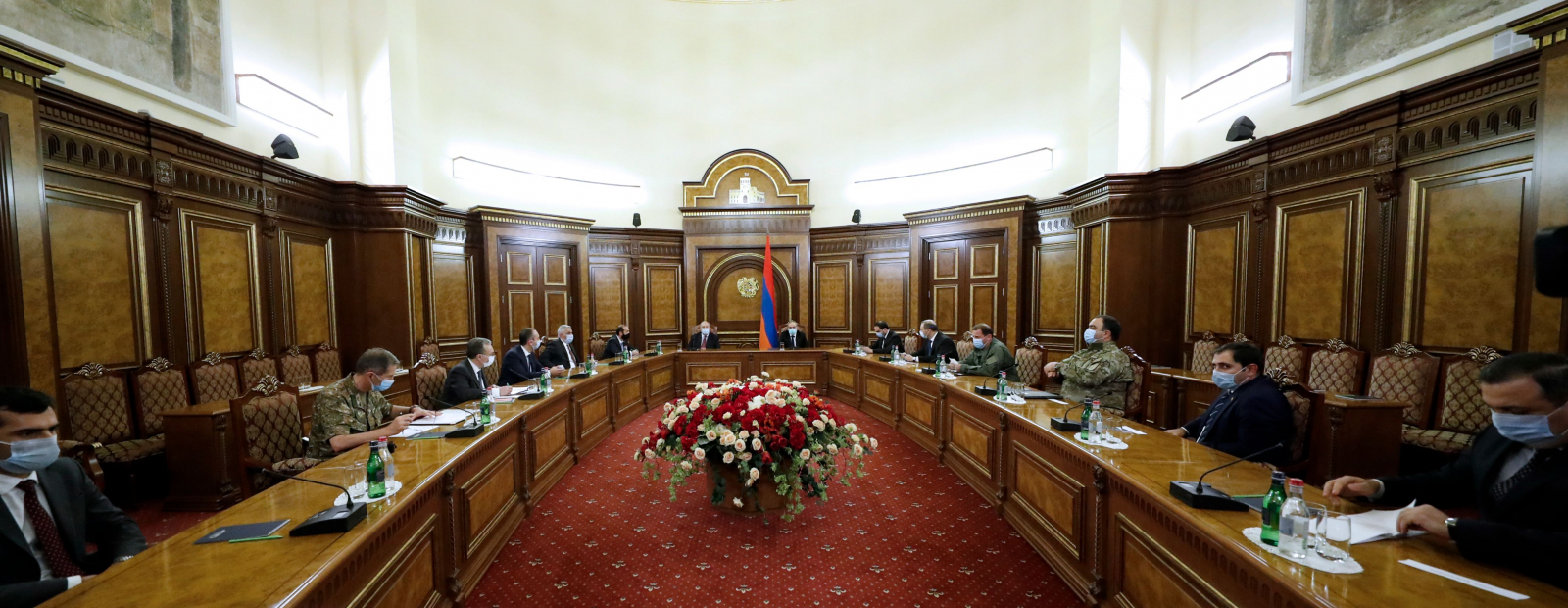Tonoyan has been in office since 2018.
The government of Prime Minister Nikol Pashinyan is under pressure, with opponents demanding its resignation following the November 9 ceasefire agreement in Nagorno-Karabakh, which many see as the capitulation of Armenia.
Armenian media also reported on Friday that the Minister of Labor and Social Affairs Zarui Batojana has been dismissed.
The Minister of Emergency Situations has also changed in the government.
Andraniks Pilojans, the commander of the 5th Army Corps, will be in this position.
Former Minister Felix Colakyan has previously announced his resignation.
A new foreign minister has already been appointed in Armenia this week.
The Nagorno-Karabakh ceasefire agreement of 9 November stipulates that the Armenian and Azerbaijani armies will remain in the final stages of the escalation of the conflict, which means that the southern part of Nagorno-Karabakh’s main territory and the entire southern buffer zone will remain under Azerbaijani control.
All security buffer zones currently under Armenian control must also be handed over to Azerbaijan by 1 December.
Pashinyan explained that together with the leaders of Russia and Azerbaijan, he had adopted a tripartite declaration on the ceasefire in Nagorno-Karabakh in order to avoid a complete collapse, siege and death of thousands of Armenian soldiers in the region.
Intense fighting resumed in the Nagorno-Karabakh conflict on September 27.
There have been hostile relations between Azerbaijan and Armenia since the 1990s, when there was a war over Nagorno-Karabakh, a predominantly Armenian population.
Nagorno-Karabakh, which was part of the Azerbaijani SSR during the Soviet era, has been a “de facto” independent Armenian republic since the early 1990s. Although Azerbaijan did not control Nagorno-Karabakh since the collapse of the USSR, it considered the Armenian region to be its territory. Nagorno-Karabakh is also considered by the international community to be part of Azerbaijan, and no country has recognized the region as an independent state.
–

:quality(80)/cdn-kiosk-api.telegraaf.nl/93ac91f8-2b13-11eb-8c07-02d1dbdc35d1.jpg)
